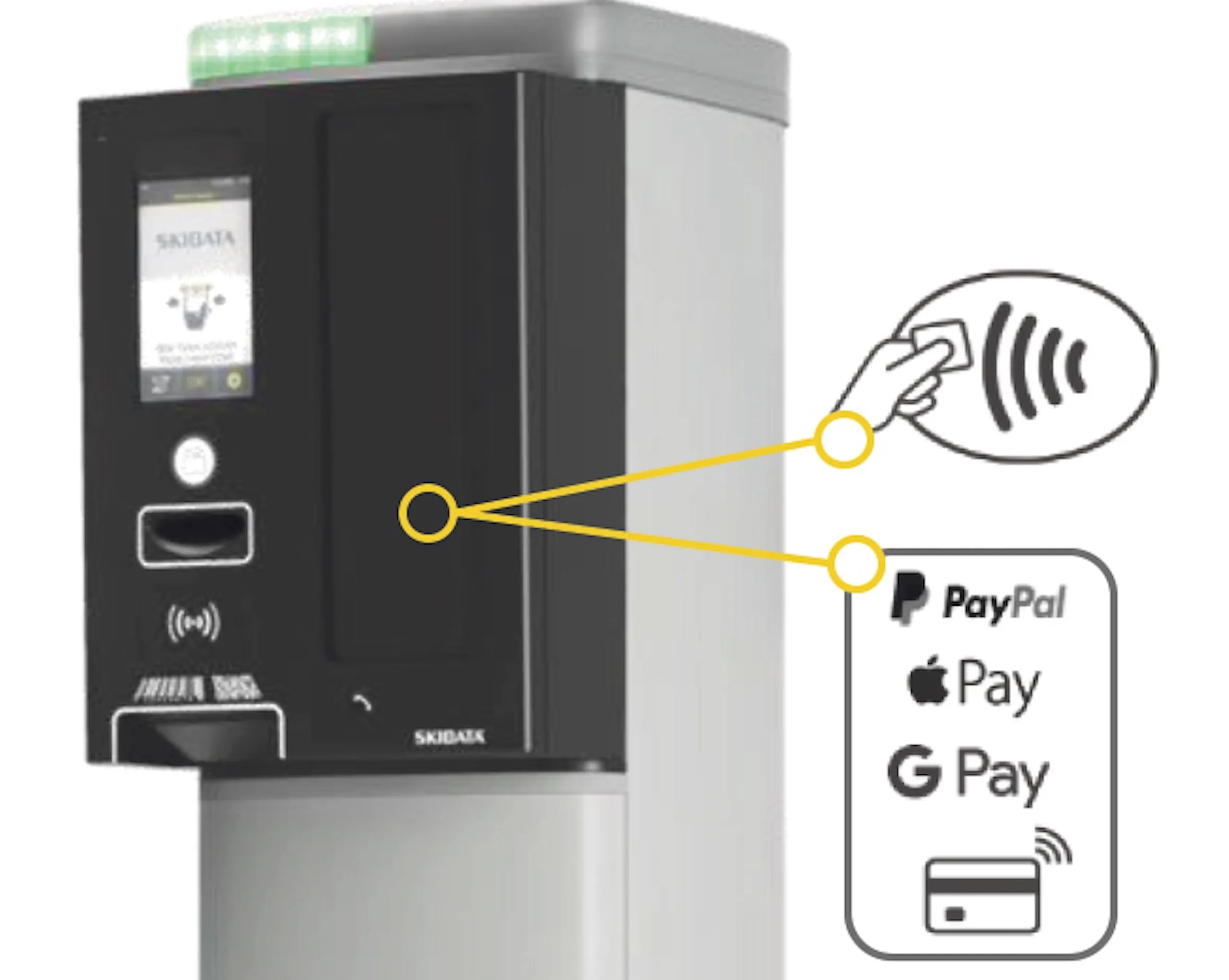
Payment group Worldline has linked up with Mobility as a Service (MaaS) company Unwire to pool resources in digital payment technology and transportation.
The new solution uses open data for public transport and micromobility services, and can combine all mobility services within a city or region.
The companies say this allows users to plan, book and pay for journeys through a dedicated smartphone app, with one mobility account featuring subscriptions, capping and personalised tariffs.
Worldline already provides payment and mobility services in various French cities such as Paris, Lyon, Dijon and Grenoble but expects the new partnership to broaden its MaaS capabilities in the rest of Europe.
Based in Copenhagen, Unwire develops and operates mobile platforms for multimodal planning on public transport.
The companies say their new solution will benefit transport authorities by highlighting where services are most used, allowing them to support scheduling and route planning for the future.
Unwire won in the Recurring Payments category at Worldline’s e-Payments Challenge in 2019 - an annual forum for players in the payment technology industry - with its mobility platform integrated to Worldline’s Saferpay and Unwire BLE Connect.
"Combining our resources was the logical next step, allowing Unwire to benefit from our payment expertise whilst we benefit from Unwire’s MaaS expertise," says James Bain, Worldline CEO UK&I.
Since then, Unwire has worked with Worldline to develop the Tap2Use product that aims to improve and simplify travelling around cities.
Worldline’s e-Payments Challenge 2020 took place in a fully virtual format this month.










